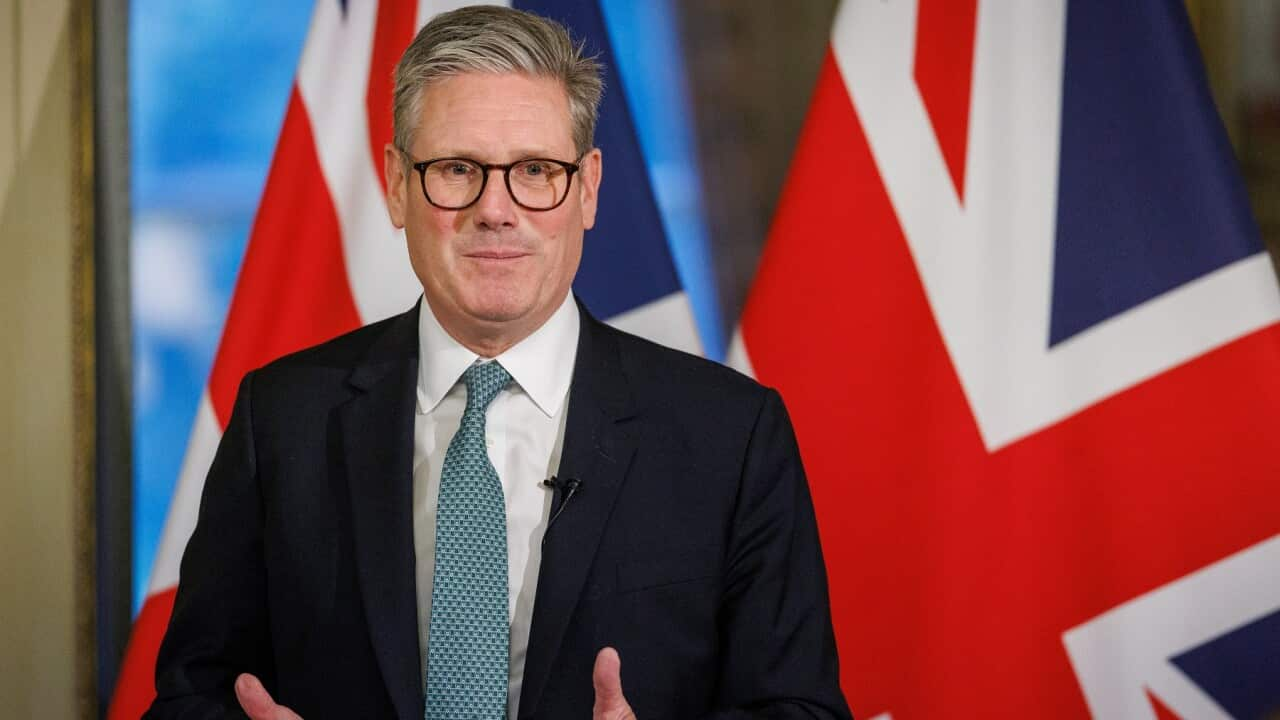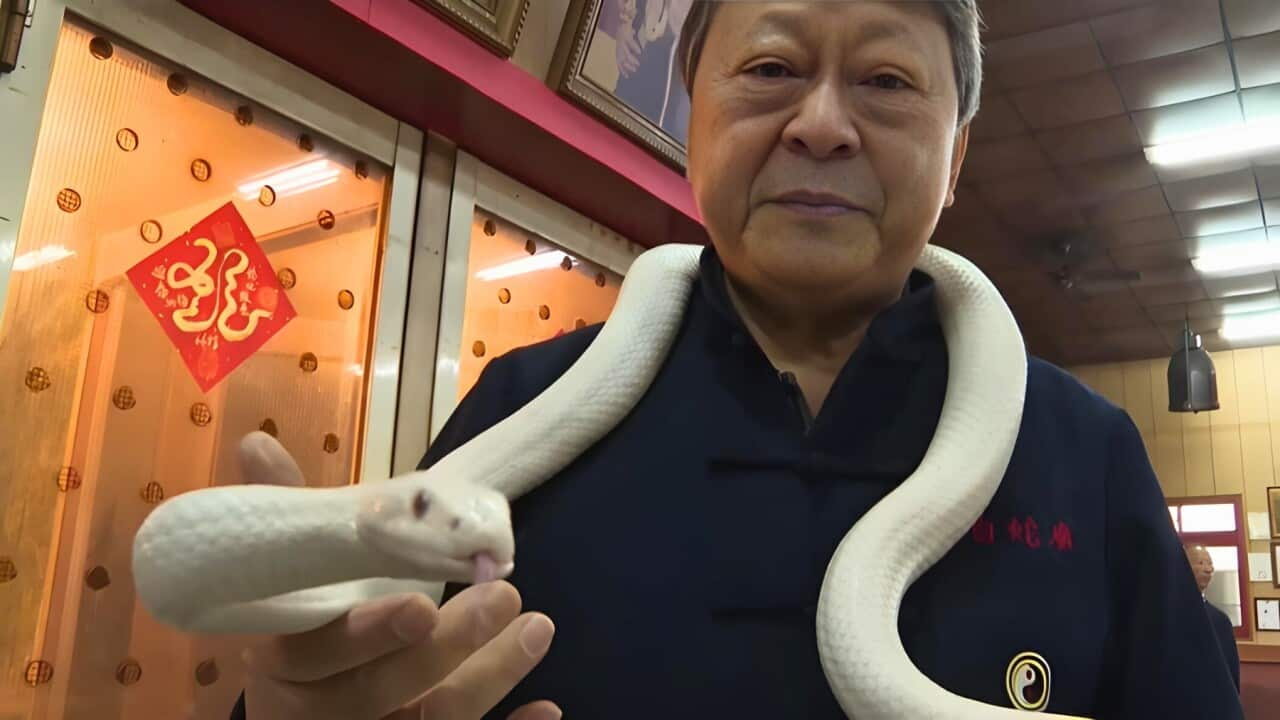TRANSCRIPT
British Prime Minister Keir Starmer has met with European Commission President Ursula von der Leyen to set the tone for the future of post-Brexit relations with the European Union.
Mr Starmer, whose Labour Party won an election in July, has said his government will not seek wholesale negotiation of the deal that took Britain out of the European bloc in 2020.
He says the purpose of the meeting with the E-U head was to help thaw the icy relationship formed under prior governments.
"Tone does matter, resetting does matter, and that has been a very important part of the message that I have carried into the meeting today. A return to pragmatism, to doing business in a respectful way, and in a way which I think will focus on deliverables".
Mr Starmer's election followed years of turmoil under Conservative governments since 2010, with two prime ministers forced to quit over their handling of Brexit and ministers often pursuing a confrontational approach with Brussels.
The European Commission President says it's time for this to change.
"Dear Keir, in these very uncertain times, like-minded partners like us must cooperate more closely. And that is what we are doing when it comes to Russia's war of aggression against Ukraine. Because European security concerns us all in and outside of the European Union."
Ms von der Leyen also drew attention to a number of common goals the UK and EU share.
"We are strongly aligned in our fight against climate change, the global warming. We're both working intensively toward decarbonised and circular economies and the protection of nature. So, many topics where we are very much aligned and share values."
Following the meeting, the British Prime Minister says they've used these shared values to commit to further cooperation.
"Ursula and I have agreed that we can do more together, in a few key areas in particular. Promoting growth and prosperity, working together on shared challenges like climate change, energy security and illegal migration, and strengthening our shared security and stability."
The European Union shares his desire for a joint security pact, but talks on barriers to the movement of goods and people are another story.
Mr Starmer has been keen to emphasise that the UK disagrees with the EU on several key issues and will not back down from their interests.
"Of course there will be issues which are difficult to resolve, and on areas on which we will stand firm. There will be no return to freedom of movement, no return to the customs union, no return to the single market. But we will find constructive ways to work together and deliver for the British people."
Mr Starmer says the meetings have gone a long way in turning the page on the previously thorny relationship.
He argues closer cooperation with the European Union going forward will see better outcomes for British people and a more secure economy.
"We've agreed to hold regular UK-EU summits at leader level to review progress, starting with the summit in the first half of next year. So we're putting our relationship with Europe on a more solid, stable footing. That's what the British people want, a return to pragmatic, sensible leadership when it comes to dealing with our closest neighbours. Because they know that this matters for growth, for jobs and for security."
And elsewhere in the EU, the German Economics Minister Robert Habeck has raised concerns about a potential trade war with China that could negatively impact Europe and much of the world.
His warning comes ahead of a significant EU vote tomorrow on whether the union should impose tariffs on China-made electric vehicles.
The move follows in the footsteps of countries like the United States who have imposed 100 per cent tariffs on Chinese EVs with Canada considering similar measures.
Mr Habeck says if every country started introducing tariffs in this way it could see a shift toward significant barriers to trade around the world that will not benefit anyone.
"I think that tariffs might in some cases be necessary, but we need a political solution here. One word is giving another and then we have tariffs everywhere: you started, we answer, they answer to our answer. And then it's escalation. That is not the right way. As a market driven and export oriented nation, we have to take care that there's a level playing field and that everyone is playing to the rules. But my bigger concern as Minister for Economic Affairs of this country is that I see now a development of new trade barriers everywhere."













